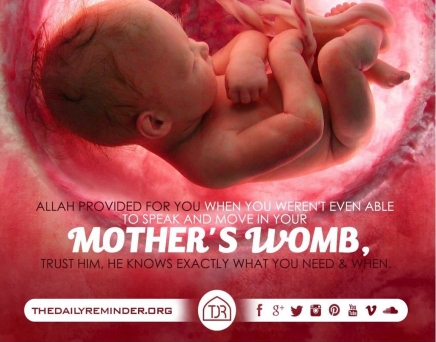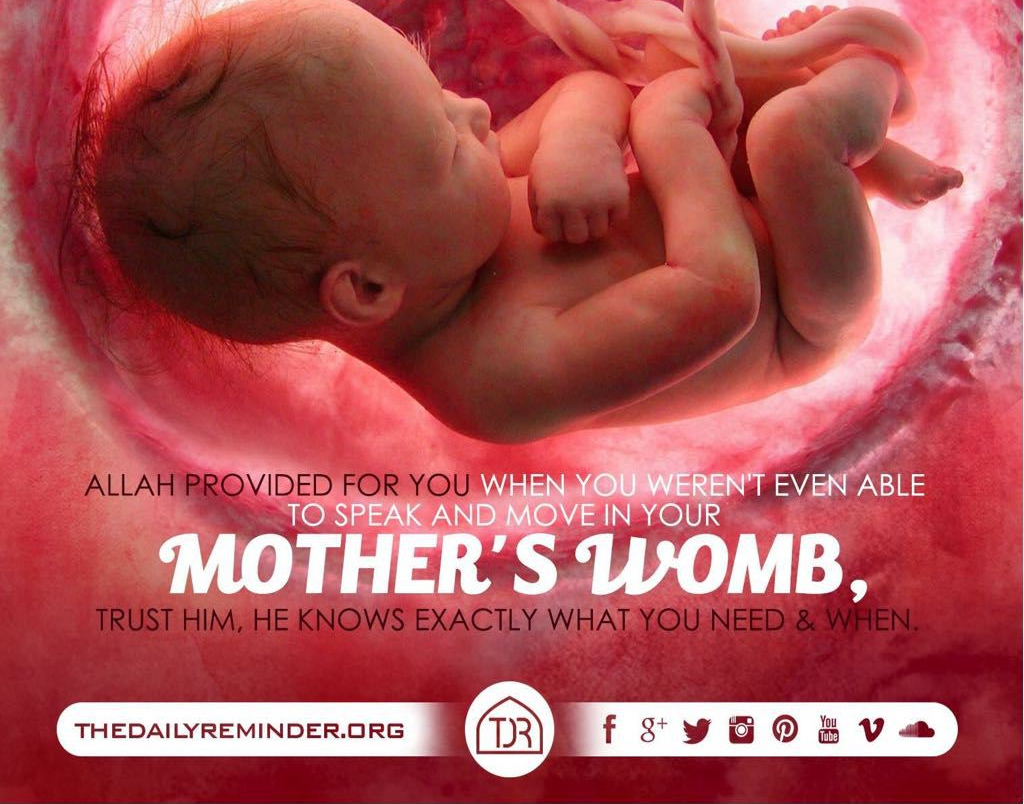

Riba means an increase in a particular item. The word is derived from a root meaning increase or growth. Allah, may He be exalted, says (interpretation of the meaning): “Whatever you pay as interest so that it may increase (li yarbu) the wealth of people does not increase (fa la yarbu) in the sight of Allah” [al-Room 30:39]., i.e., it does not increase or rise in status before Allah.
Riba originated among the people of the Jaahiliyyah; if a debt became due, they would say to him (the borrower): Give us one hundred (that is due, now), or increase it to one hundred and fifty (and pay later). Then when the one hundred and fifty became due, they would say: Give us one hundred and fifty (now), or increase it to two hundred (and pay later) — and so on.
Islam also forbade another kind of riba, namely riba al-fadl, which means adding to the amount when exchanging one item for another of the same type. So if gold is sold for gold, that is not permissible except like for like, hand to hand. Islam stipulated that the exchange should be done hand to hand and that the items or goods should be of the same quality. Whoever gives more or asks for more has engaged in riba. If he sells a saa‘ of wheat for two saa‘s (of the same commodity), even if it is hand to hand, he has engaged in riba.
The principle of the circulation of capital exists in both the Muslim world and the non-Muslim world. What it means is circulating capital so that it will increase. The same applies to lending; they give money as a loan provided that it will increase when they get it back. Such transactions are undoubtedly riba.
2) All kinds of commercial insurance are based on nothing but gambling which is haraam according to the Qur’an:
“O you who believe! Intoxicants (all kinds of alcoholic drinks), and gambling, and Al-Ansaab (stone altars for sacrifice to idols etc.) and Al-Azlaam (arrows for seeking luck or decision) are an abomination of Shaytaan’s (Satan’s) handiwork. So avoid (strictly all) that (abomination) in order that you may be successful” (al-Ma’idah 5:90 – interpretation of the meaning).
All kinds of insurance are kinds of playing with chances. They tell you, Pay this much money, then if this happens to you we will give you this much. This is pure gambling. Insisting on differentiating between insurance and gambling is pure stubbornness that is unacceptable to any sound mind. The insurance companies themselves admit that insurance is gambling.
3) All kinds of insurance are forms of uncertainty, and transactions which involve uncertainty are forbidden according to many saheeh ahaadeeth, such as the hadeeth narrated by Abu Hurayrah (may Allah be pleased with him):
“The Messenger of Allaah (peace and blessings of Allaah be upon him) forbade transactions determined by throwing a stone and transactions which involved some uncertainty.” (Narrated by Muslim).
[“Transactions determined by throwing a stone” – this was a type of transaction that was prevalent in the markets of pre-Islamic Arabia, whereby a stone was thrown by either the buyer or the seller, and whatever it touched, its transaction became binding. “Transactions which involved some uncertainty” – is a transaction in which there is no guarantee that the seller can deliver the goods for which he receives payment. Footnotes from the translation of Saheeh Muslim. (Translator)].
All forms of commercial insurance are based on uncertainty of the most extreme kind. Insurance companies and those who sell insurance refuse to insure cases except where there is clear uncertainty in whether or not the condition being insured against will happen or not. In other words, the condition being insured against must have a possibility of happening or not happening (as opposed to, for example, someone who has a pre-existing condition, such as a person who is on death row applying for life insurance–translator.) Moreover, this transaction involves something uncertain, which is when an accident will happen and the extent of the damage caused. Hence insurance combines three kinds of extreme uncertainty.
